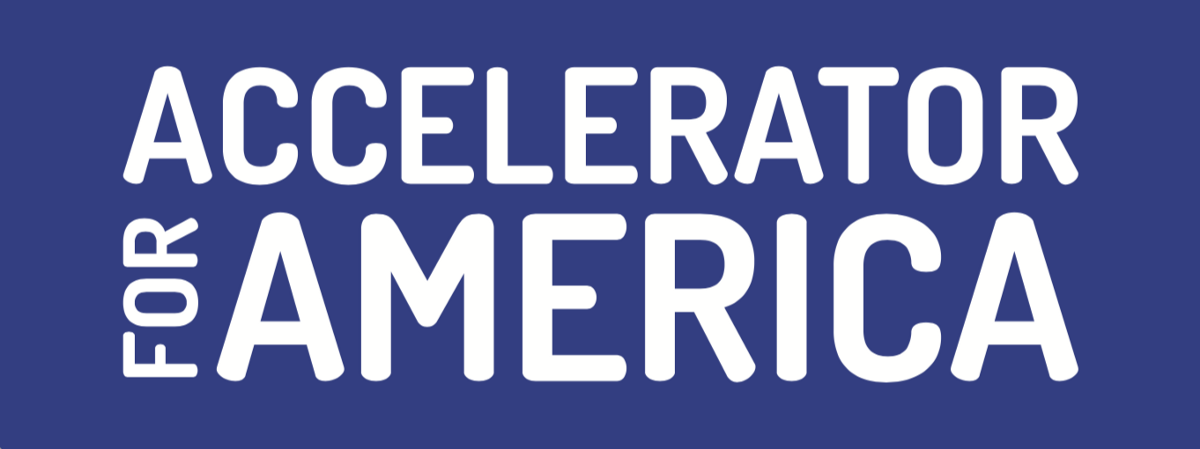STLToday: ‘So transformative’: St. Louis region expected to see $700 million infusion of federal aid
Kurt Erickson Mar 15, 2021
JEFFERSON CITY — Although details on how it will be spent remain sparse, the St. Louis region will see as much as $700 million in federal pandemic aid as part of the American Rescue Plan championed by President Joe Biden.
In a news conference Monday, Democratic U.S. Rep. Cori Bush of St. Louis and local leaders described the money headed to Missouri as a potential game-changer for both fighting the coronavirus and improving the lives of poor people. “This is going to be, I think, so transformative for our region,” St. Louis Mayor Lyda Krewson said.
The city is expected to receive an estimated $500 million in federal relief aid at a time when the entire city budget is $1.12 billion. By contrast, the 2020 Coronavirus Aid, Relief, and Economic Security Act, known as the CARES Act, brought $35 million to the city. St. Louis County is expected to reel in $190 million, which is up from the $173 million in aid it received from the federal government last year, said County Executive Sam Page. Officials said Monday that the money will pay for unemployment benefits, food assistance, support for businesses, housing aid, school reopenings and vaccine distribution. It also could go toward infrastructure improvements that could help fix derelict buildings in the region.
Bush, who is in her third month as a member of Congress, said the relief could address long-running problems like poverty, housing and crime in the region. “St. Louis has been hurting since long before this pandemic began,” Bush said. Bush also wants to improve the rollout of the coronavirus vaccine. “The slow distribution of vaccines to our community is unacceptable,” Bush said. “No one should have to travel 80 miles to get a vaccine.” Page said the amount of funding will allow the county to make life in the region better. “We have a once-in-a-generation opportunity to fix these things,” Page said. “Getting back to normal won’t satisfy us.” Among his ideas for the money are job training programs to get residents back to work. “We’ll invest in programs that re-skill and skill-up workers,” Page said.
The money, which represents the biggest infusion of federal funds into local governments in decades, comes to counties and cities with few strings attached, allowing officials to target areas of need in their communities.
Among the strings are prohibitions on spending the money on pension obligations or for tax cuts. In all, $350 billion is being provided to state and local governments, representing one of the largest spending items in the program. Separately, Bi-State Development, which operates mass transit in the St. Louis metro area, also will receive relief funds. Bi-State CEO Taulby Roach said the amount is being determined by the Federal Transit Administration. Some of the money heading to the city will fill holes in the city’s budget. Krewson said that amounts to about $70 million. Although Krewson won’t be around to spend the money when she leaves office next month, she said her office is working to identify ways to distribute the funding.
“We are developing a framework of potential areas of investment,” said Krewson, who did not seek a second term in office. “If the new administration chooses to, they can hit the ground running.” “We’re really committed to investing these resources urgently into the community,” Krewson added. As part of the rollout of the spending, Krewson touted the city’s selection as a Stimulus Command Center. The center is an 18-month partnership through the U.S. Conference of Mayors, Accelerator for America, and Drexel University’s Nowak Metro Finance Lab. They serve as executive-level task forces comprised of leaders from the public, private and civic sectors and will be the local go-to points for planning, prioritizing and coordinating federal relief and recovery investments.
The task force will communicate what federal investment is coming — and when — to local leaders nationwide, as well as provide advice and technical assistance to mayors.
Other cities selected as Stimulus Command Centers include Louisville, Kentucky; Los Angeles; Philadelphia; Birmingham, Alabama; and Dayton, Ohio. “I look forward to working with these other stakeholders to direct resources to drive a local recovery that creates good jobs, is resilient and racially inclusive, and seeds innovation for the next generation,” Krewson said. Krewson’s term as mayor ends on April 20. City voters will elect her successor — Treasurer Tishaura Jones or Alderman Cara Spencer — on April 6.
Read the full article here.

